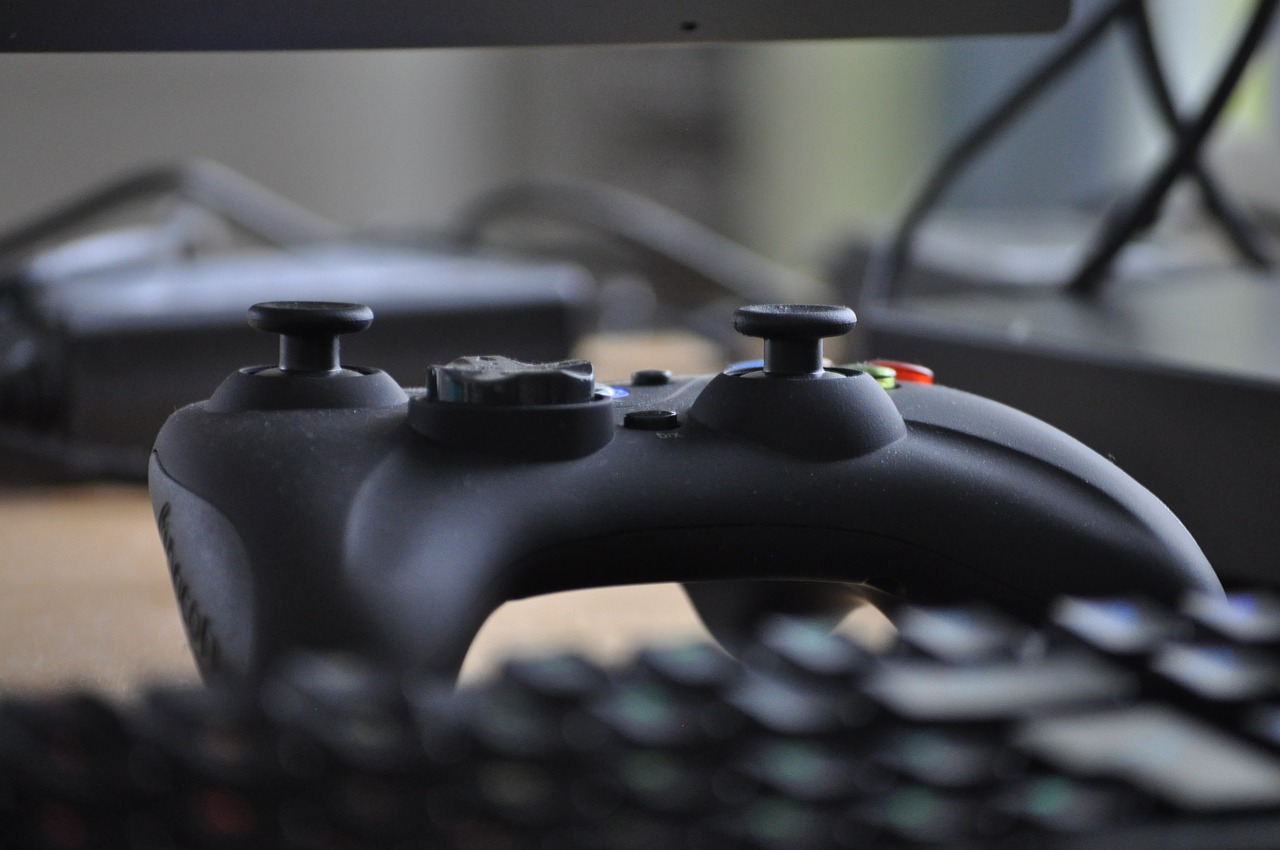
Many young people, but also children of primary school age, hang in front of the monitor as if they were caught up in the attack. There are thousands of games Parents are often unsure how much game consumption they should allow. An expert gives tips.
Most kids love online games like Fortnite, Rainbow Six Siege and Call of Duty. You can visit websites such as ‘ rainbow six siege hacks’ to help you win your matches. Michael Knothe of the Media Addiction Association is not surprised: “Such games shower the children with artificial recognition and use all possibilities to keep them at bay for as long as possible.”
So if Junior just doesn’t want to stop, it’s not just about the child. Game developers use a sophisticated system of rewards and ever-new “kicks” that make it hard to come to an end.
So parents have to show stamina and assert themselves. Here we have Tips for children using online games. How much playtime is okay depends on the age and personal maturity of the child. And basically: “Parents have to see individually how their child reacts and what is too much”, says the expert.
NOTHING FOR TODDLERS UP TO THE AGE OF FOUR
“Computer games for toddlers up to about three or four years old are basically not useful,” says Michael Knothe. At this age, children don’t need a mobile phone, tablet or computer. Rather, it is the direct contact with real people and the play with real objects, i.e. the experience of the real, everyday world. There is still enough time for the virtual worlds of online games later.
CHILDREN FROM FOUR TO ABOUT SIX YEARS
Of course, mobile phones or tablets also get their place in children’s everyday lives with age. Experts recommend initially not more than 30 minutes per day for digital games. “It is important that the children at this age do not play alone, but only together with their parents,” explains Michael Knothe. The big ones should of course choose targeted child-friendly games, the corresponding ages of the games help. When the game time is over, the device will be gone and other activities are on the agenda.
SCHOOL CHILDREN FROM SIX TO TEN YEARS
School children are becoming increasingly self-sufficient and can also daddle a little longer. Here, experts recommend no more than about 45 minutes per day. “At this age, the children can already play alone,” says Michael Knothe. It is clear that parents should still keep an eye on what the offspring is doing and, of course, pay attention to age-appropriate games. Knothe recommends that you use the parental controls on the devices so that the children are not on the Internet unfiltered.
YOUNG PEOPLE FROM 10 TO 13 YEARS
At this age, experts recommend about one gaming hour per day. Still, parents should keep an eye on what their children are playing. Michael Knothe advises to show interest and let the kids explain new games. Otherwise, the adults easily lose track of the games that are currently being announced and understand less and less what fascinates their children about them.
YOUNG PEOPLE’S GAMBLING ADDICTION
Nevertheless, a little caution is needed: “Parents should stay close in such cases and keep an eye on the situation,” advises Knothe. The alarm bells should ring when the offspring increasingly drifts into the virtual world, plays more and more and more excessively and neglects friends, siblings and the school, hardly sleeps anymore, hardly eats anymore, hardly gets into the shower and shows no other interests. Sometimes excessive play is just a short-term wave of enthusiasm, which comes after two or three weeks. However, if the condition persists for longer, parents should intervene.
DON’T WAIT TOO LONG AND SEEK HELP
Parents should therefore seek a conversation with their offspring in good time and encourage them to engage in other activities. However, if such conversations do not work, or if one hardly penetrates the youth, parents should get support as soon as possible. The first point of contact is, for example, the local addiction counselling centers or correspondingly specialized psychologists.





